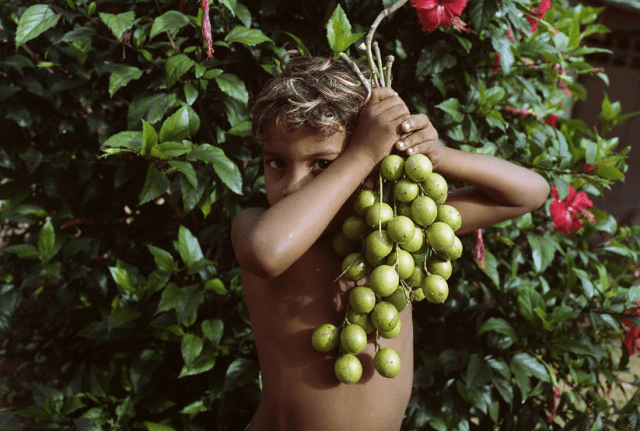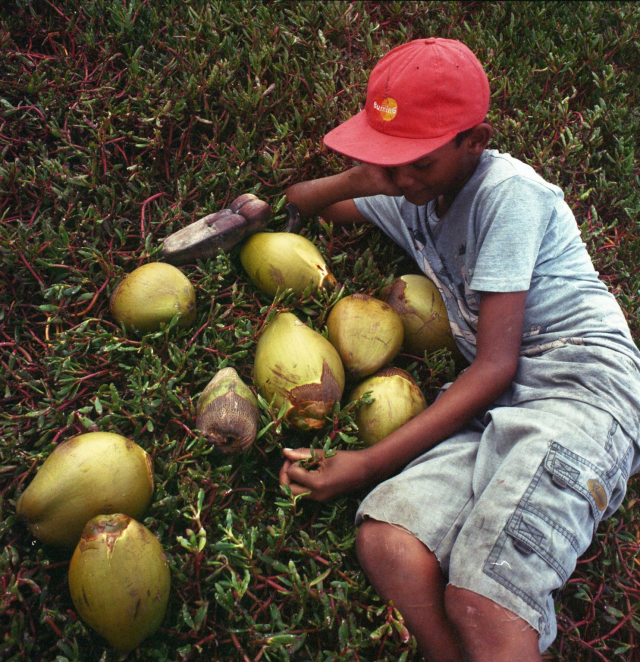
We call it mango season. It happens every year in the dry season when the fruit starts falling from the trees, abundant and generous to those who are hungry. In Venezuela this past year, its arrival was particularly heralded, as the pandemic wore away even more access to basic necessities in a country racked by deepening poverty and crisis. The United Nations’ World Food Program reports that one-third of Venezuelans suffer from food insecurity. The pandemic has made us especially vulnerable to a battered economy. Fuel shortages are common and halt food distribution. Job opportunities do exist, but barely. Dollars are the king currency, and very few people earn in dollars.
By Andrea Hernández Briceño / The Washington Post
During the mandatory confinement, as covid-19 struck, all commitments were suspended and life became quotidian. This was at the very beginning — and I had so much time that I sat with my dad in his garden to watch the grass grow (literally). Gradually the need to eat, provide and work shook us into a new awareness. Necessity forced us to reassess what tools were available for survival.

What everyone can count on is nature, with mango season among the gifts it provides. We depend more than ever on mangoes. Before the crisis there were too many and we threw them to the trash; now we gather them all up. The lucky among us who can afford sugar make mango jelly, and those with flour make mango crumble. People these days are also eating a lot of bananas, plantains and papayas, and using wild herbs to season simple meals like rice and beans and cornmeal arepas. We grow peppers in our backyards.
I made these images while walking on the streets of Caracas, the capital, and smaller towns. One thing I observed on my long trips was that most Venezuelans eat fewer than two meals a day. People awaken late in the morning so they can skip breakfast and go directly to lunch. Water scarcity has made us bathe in nearby rivers; water plants are not working to capacity. All of this speaks eloquently to the national mismanagement of resources, but also demonstrates how the people solve everyday problems through sheer will and creativity. This time, when the economy halted, as it so often does, we looked outside and understood that our only chance was to go back to our roots.
To continue reading click on the following link

